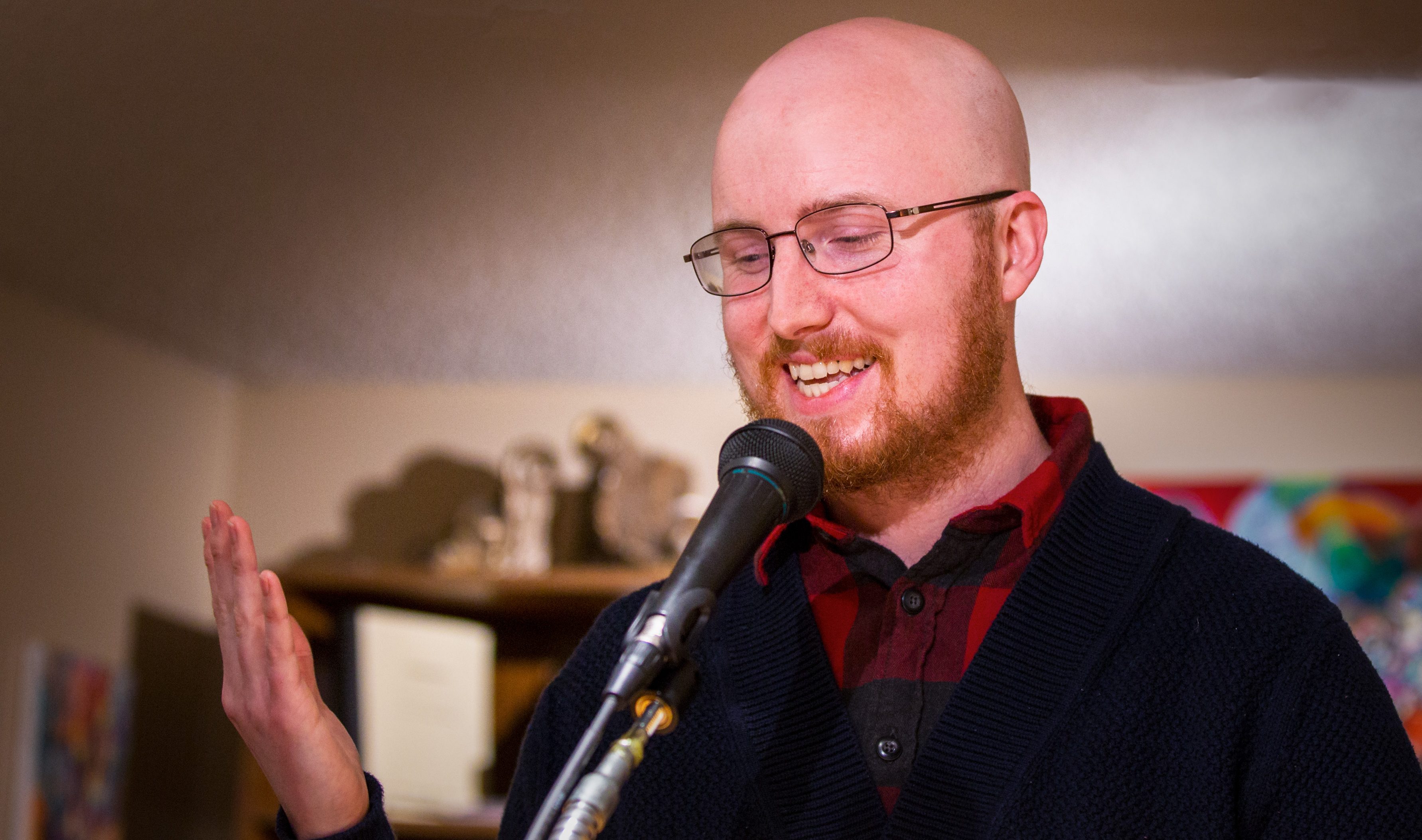When writing I’m sometimes aware of entering territory that is taboo, that is, I bump into a cultural prohibition to speak about a thing. I would be arrogant to believe Poetry in some way transcends culture because poetry is a cultural product, yet these encounters bother me because of a belief in artistic freedom that has comforted me in hard times:
I have believed I could to say anything in my poems I want to say. No matter what indignities I would suffer in my life, I could be free in my letters. That’s the deal I made with myself.
What’s bothered by these borders, what Basho calls the windswept soul, may be silly or vain, of course, as in the case of freely elucidating one’s bathroom or maybe even bedroom activities in verse. I suppose this could do no good and would probably have a polarizing or alienating effect on readers. Yet even here there is a question because, as human animals, we continually downplay or minimize what we share in common with other forms of animal life on this planet and that could have / is having a disastrous effect.
On the other hand, there are taboos that must be broken because the silence that surrounds them deafens us to real issues. Here’s an example I encountered as a reviewer: Men who are physically and/or verbally abused by women.
Reading Are There Copper Pipes in Heaven, I kept thinking what a rarity it was to encounter. Part of the reason for this is, of course, because the victims themselves keep quiet out of a desire to appear stronger than their victimizers. It’s an ironic reversal.
My purpose here is not to champion a particular cause. I’m just as interested in why bathroom humor is rare in serious poetry, that is, in what kinds of content are effectively banned from poems. Maybe that’s a way of asking about poetry’s relationship to the Beautiful. “A poem should always have birds in it,” says Mary Oliver in “Singapore,” a poem about a woman washing dishes in a toilet (Oliver, obviously, was wrestling with these questions also).
On a personal note: I’ve had better success finding homes for poems that transform with figures my experiences with cancer than those that take a more documentary approach. What’s that say?


Here’s an example of the territory I’m talking about from my own writing:
[My 18-month-old] reaches out to touch
my penis in the falling water and I brush his
hand away.
These lines are not comfortable but it is an experience I have had in my real life and I wonder if they’re keeping the poem from being published.
LikeLike